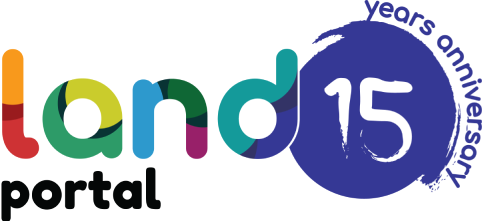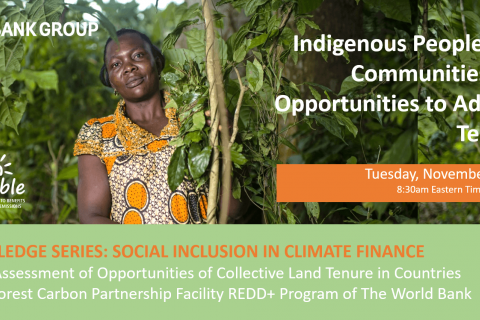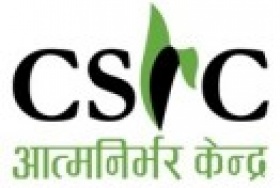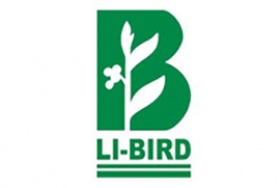Written by Jagat Deuja and Rachel Knight for IIED and CSRC. Originally posted at: https://www.iied.org/helping-indigenous-communities-secure-land-rights-nepal
Main photo: Young 'social mobilisers' interviewed more than 2,700 landless or untenanted families and gathered the data that was needed for the government to register their tenure (Photo: copyright Kumar Thapa, CSRC)

















